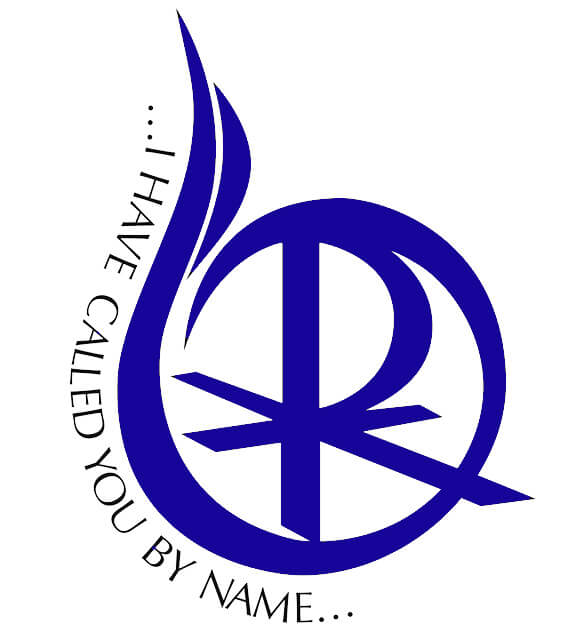


“Creation at the Crossroads”)
_______
Some have failed to understand this truth because they misinterpret the words of God in Genesis: “Be fertile and multiply, fill the earth and subdue it. Have dominion over the birds of the air, the fish of the sea, and all living things that move on the earth.” To “subdue the earth” does not mean to destroy or exploit it. The nuance of the verb, as it is used in Genesis, is to control. Human beings must work the land in order to gain our sustenance, but we must do it responsibly! The phrase “having dominion over the earth” is not a license for tyranny; we can’t do with the earth whatever we like. We are called by God to exercise the real power that we have in the manner of Christ – in loving service to God and neighbor. Being given dominion is a challenge to be accountable for the care of the earth as a sacred trust. We must continue developing and improving upon it. Our efforts at re-working and shaping the earth are intended to make the result “good,” just as God made it in the beginning.
Ecology is a combination of the Greek words oikos, meaning home, and logos meaning a teaching. Ecology then is the study of how organisms interact with one another and with their common home. “Integral” adds an element of completeness: humans and all creatures of land, sea, and air, and our environment, are intimately connected as parts of a whole. Harming or destroying one part of the whole will cause harm and negative repercussions for another part. If we pollute our streams and rivers, we endanger the lives of the creatures that live in the water and the wellbeing of people who live along the banks. All of us are linked by unseen bonds, and together we form a universal family, sharing a common home.

-
What relationship do you see between religious faith and care for the environment?
-
Lawn and garden pesticides can harm wildlife; find alternative means of maintaining your own property without harmful pesticides.

